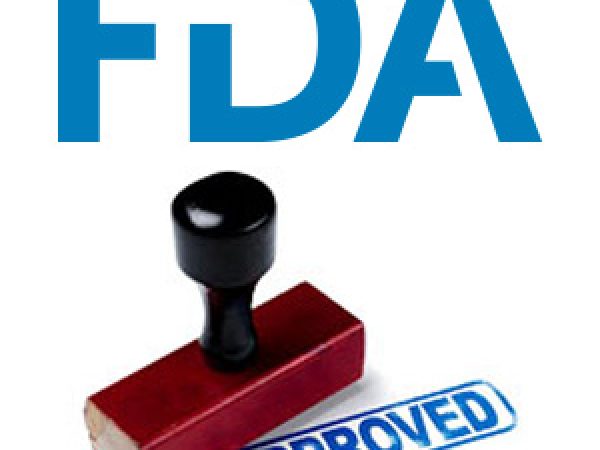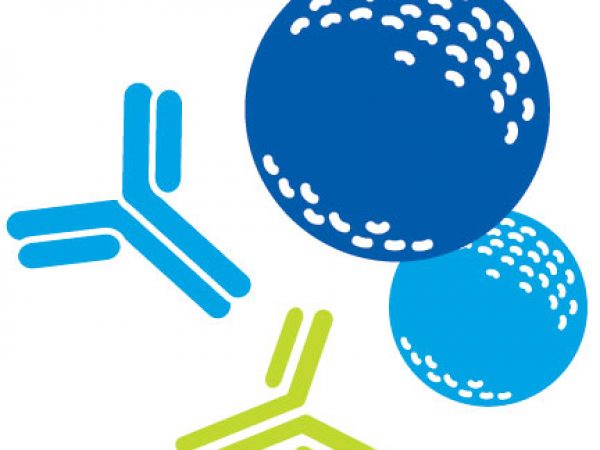New AACR Partnership Supports BIG Cat Grants for Young Investigators in Africa
The American Association for Cancer Research (AACR) is proud to announce a new collaboration with a grants program aimed at reducing the burden of cancer in Africa.
In 2010, the U.S. National Cancer Institute (NCI) Center for Global Health (CGH), in partnership with the African Organisation for Research and Training in Cancer (AORTIC), launched the Beginning Investigator Grant for Catalytic Research (BIG Cat) initiative. The program supports two-year cancer research projects conducted by early-career investigators in Africa.
BIG Cat’s overall aim is to catalyze locally relevant cancer research and facilitate career advancement and development of research capacity in Africa. The program’s goals include:
- Supporting exploratory data collection by African clinicians and scientists engaged in cancer research in Africa.
- Encouraging research that spans the cancer continuum aimed at forming a basis for reducing the burden of cancer in Africa.
- Including research areas in descriptive epidemiology, prevention, detection, diagnosis, and treatment including supportive and palliative care.
Beginning in 2022, the AACR, in partnership with AORTIC and in coordination with NCI/CGH, will administer the next cohort of BIG Cat awards, made possible through the generous support of Takeda Oncology. With Takeda’s support, the bright young investigators served by the BIG Cat program will have access to the crucial resources they need to establish their independent research careers in their home countries on the continent of Africa.
Going forward, the AACR’s Scientific Review and Grants Administration (SRGA) team will bring its expertise to all aspects of letter-of-intent (LOI) solicitation, application review, selection, award, monitoring, and follow-up.
AACR will build upon a competitive, peer-reviewed program that has produced three cohorts of six Africa-based researchers. Their two-year BIG Cat projects have generated locally relevant findings addressing a range of cancer sites and multiple areas of scientific interest. These BIG Cat projects have produced 43 scholarly products (e.g., publications, presentations). Awardees also reported increases in cancer research funding applications and increased resources for cancer research, participation in teaching and mentoring on cancer research, and enhanced skills in the supervision of cancer research staff.
Mazvita Muchengeti, PhD, of the National Cancer Registry, National Health Laboratory Service, South Africa, was among awardees in the Cohort III phase of BIG Cat. The grant helped her conduct a study titled “Burden of cancers attributable to HIV in South Africa 2004–2014.” Her work explored the additional cancer risk that HIV-positive people face compared with the general population and the burden of cancers attributable to HIV at the national level. BIG Cat enabled Muchengeti to develop her career and global networks as a new principal investigator, author, invited speaker, mentor, and promotor of HIV-associated cancer awareness.
“The BIG Cat grant allowed me to support and mentor an MSc fellow to work on harmonizing HIV and cancer datasets, which we continued to use for publications after the grant was over,” Muchengeti said. “Since the award of my BIG Cat grant, I have also received the 2020 Africa Oxford Research Development Award to initiate childhood cancer registries in five Southern African countries.”
Margaret Foti, PhD, MD (hc), chief executive officer of the AACR, provided remarks at the BIG Cat informational session during the virtual AORTIC Annual Meeting, held earlier this month. “BIG Cat advances AORTIC’s mission-driven work to develop and grow pan-African cancer research communities. AORTIC, the lead organization for the BIG Cat initiative, is a key catalyst to unite the African continent in achieving better outcomes for cancer patients in the region.
“The AACR shares this interest and priority and believes that expanding and assuring productive connections in cancer research in Africa will help broaden the understanding of lifesaving treatments and care, and ultimately benefit more patients in the region and the world,” Foti said.
For more information on BIG Cat, please email grants@aacr.org or visit AORTIC’s website and the AACR’s website.
If you or an early-career, Africa-based colleague in cancer research have interest in learning more about BIG Cat LOI preparation and submission, please plan to join an interactive Zoom briefing on Wednesday, November 24, 2021, with the AACR SRGA staff. To reserve a space, please visit this link.



